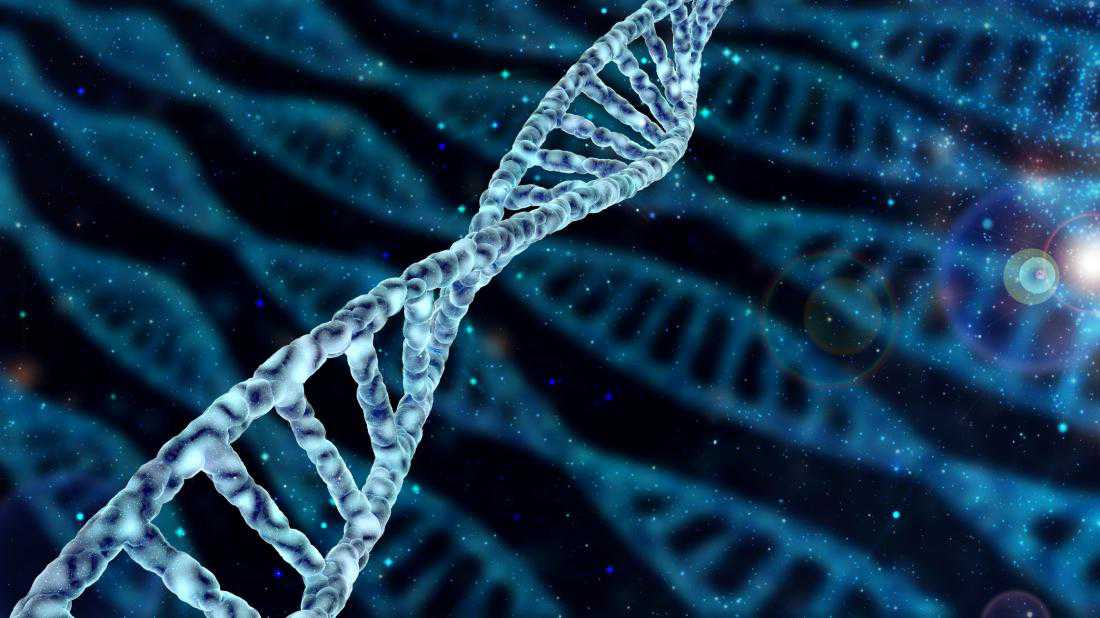Scientists create genetic score that predicts lifespan
23 October, 2018

Researchers have found a way to predict a person's lifespan by studying the genetic variations in the human genome that are responsible for the inevitable process of aging.
We are all interested in living longer, healthier lives.
From nutritional advice to lifestyle changes, researchers are hard at work unearthing the secrets to healthy longevity and sharing them with the public.
However, while walking faster or eating fish may raise our chances of living longer, genes also have their say in predicting how long we live.
New research delves deeper into our genetic fate. A new study presented at the American Society of Human Genetics 2018 Annual Meeting, held in San Diego, CA, suggests that our genetic variations can predict who will live longer.
Paul Timmers, a graduate student at the University of Edinburgh in the United Kingdom, is the first author of the paper, and he presented the study at the conference.
21 new genetic locations may predict lifespan
Timmers and team wanted to discover the genetic factors that "decide" who gets to live longer. So, they matched genetic data on over half a million people with information on the lifespan of each of these individuals' parents.
The large sample allowed the researchers to gain statistical insights into the effects of individual genes. Overall, the researchers confirmed six genetic associations with aging that scientists had already established, such as the link between the APOE gene and the risk of developing Alzheimer's.
Also, the team uncovered 21 novel genetic locations that have a bearing on a person's lifespan. Using this new information, Timmers and colleagues devised a so-called polygenic score that predicted a person's survival.
The score accurately predicted lifespan "into deciles of expectation of life with a difference of more than 5 years from top to bottom decile." The study's first author explains what these findings mean, saying:
"Using a person's genetic information alone, we can identify the 10 percent of people with the most protective genes, who will live an average of 5 years longer than the least protected 10 percent."
-Paul Timmers
